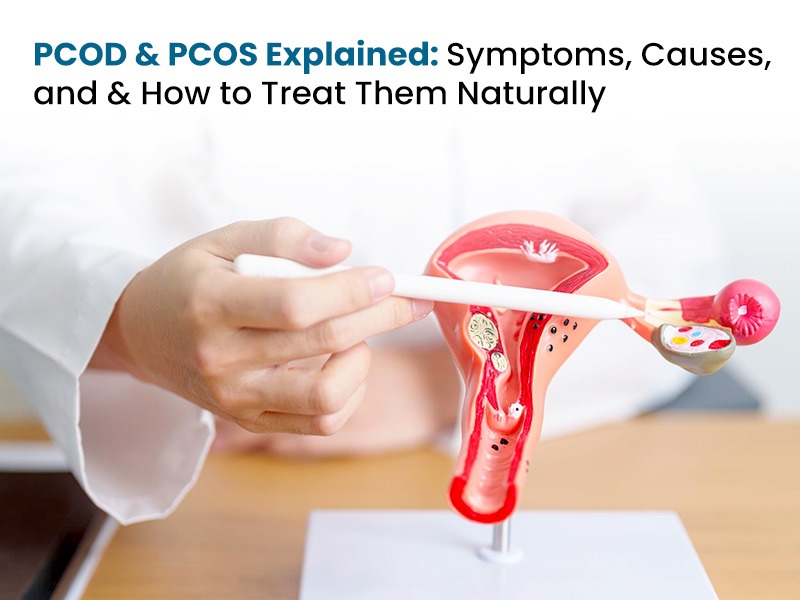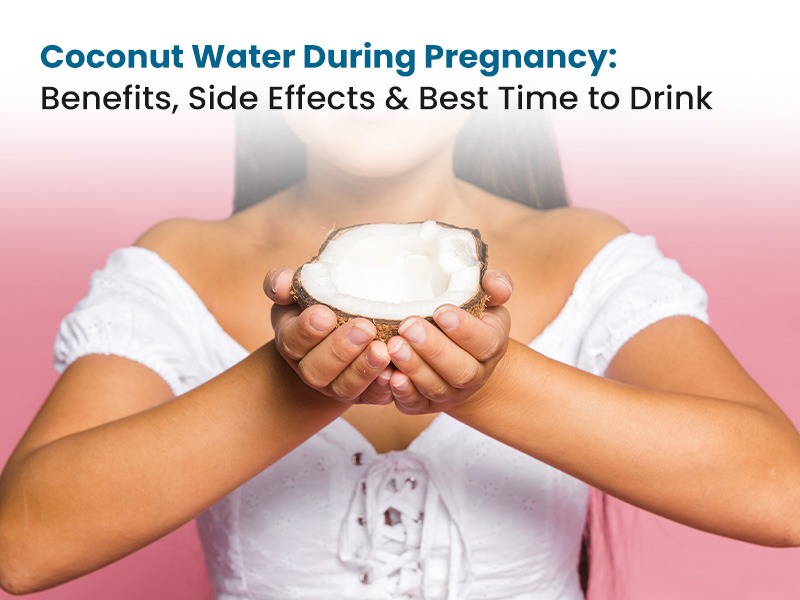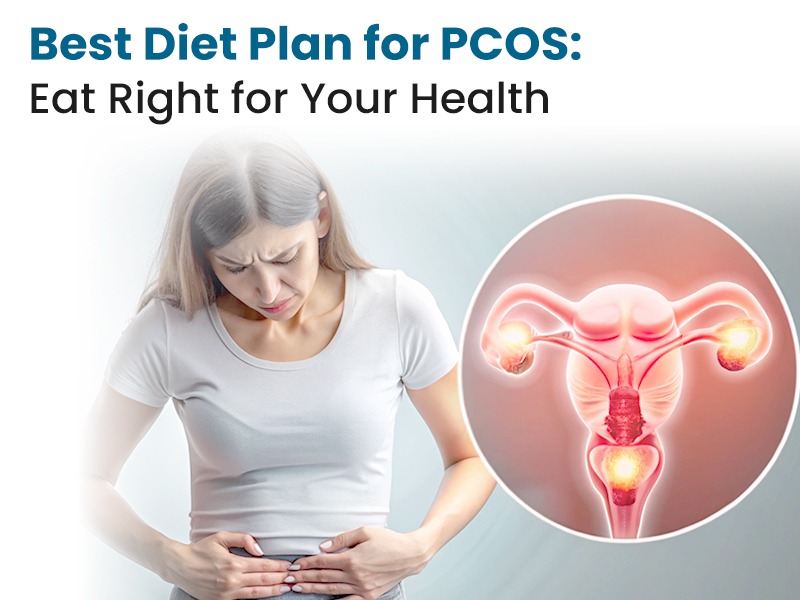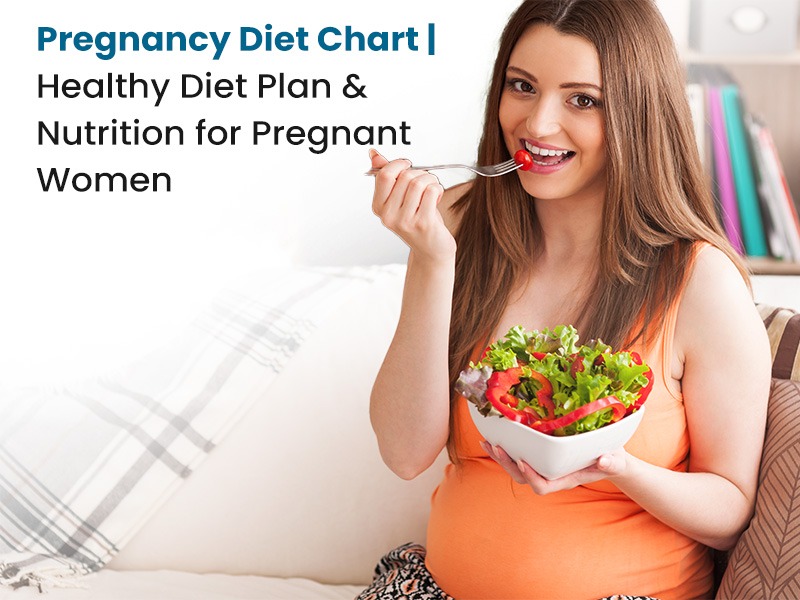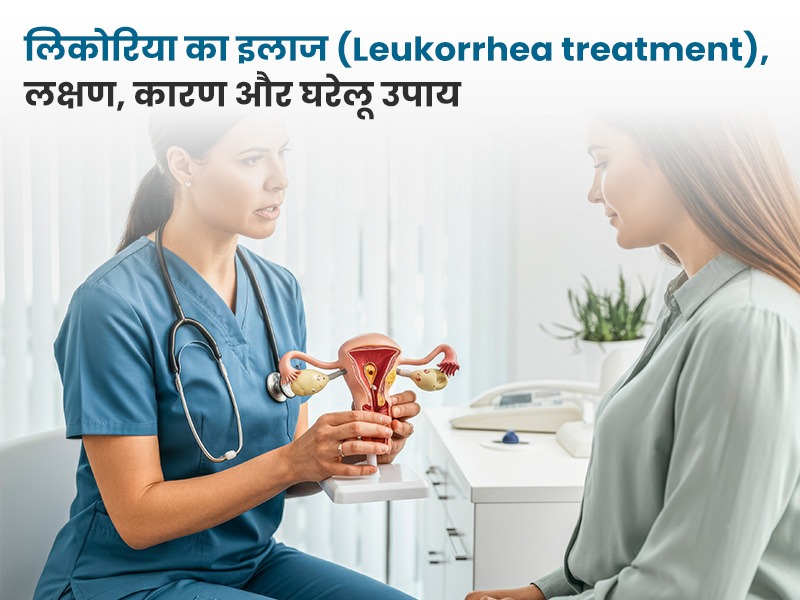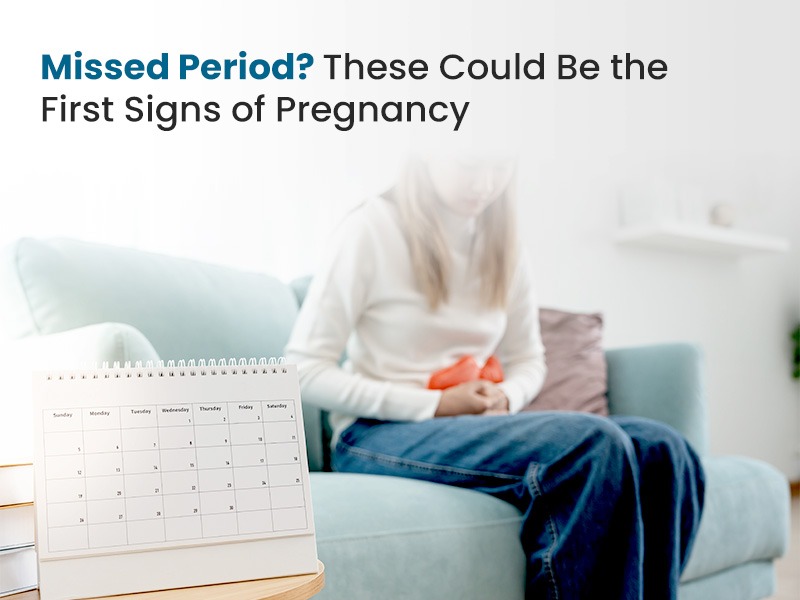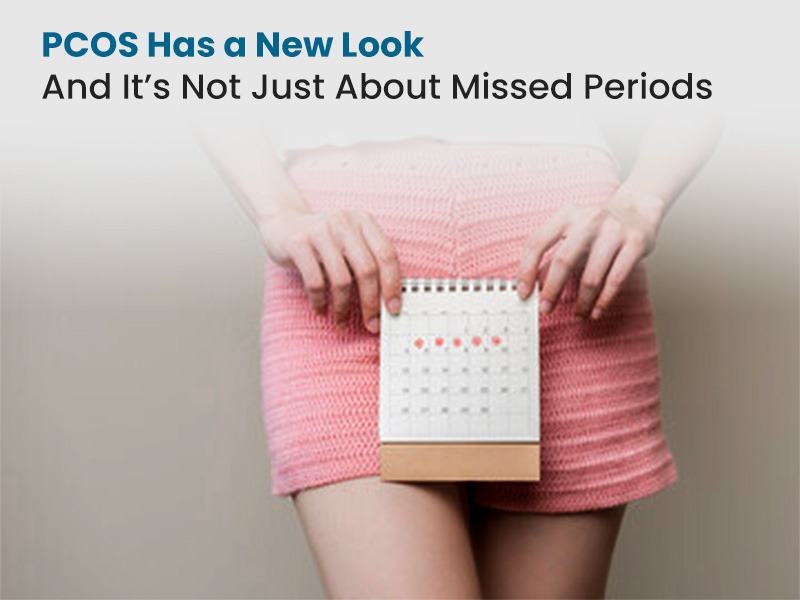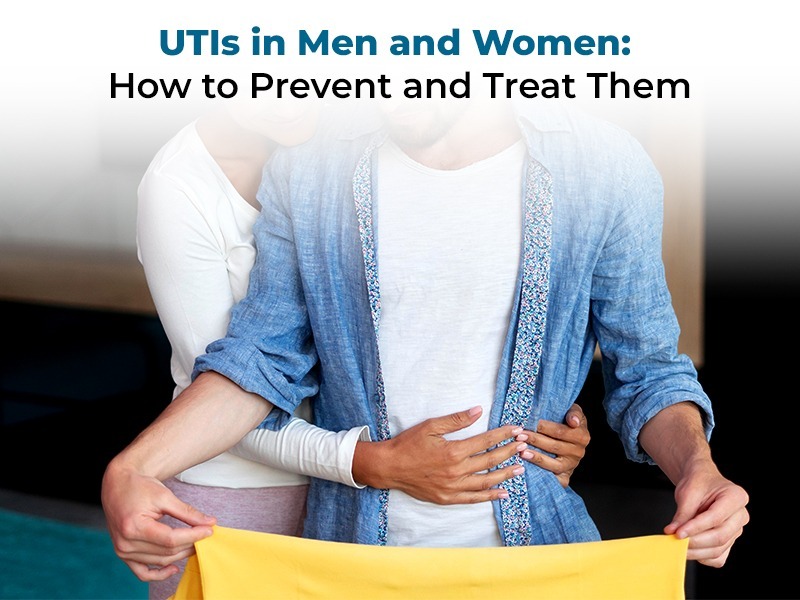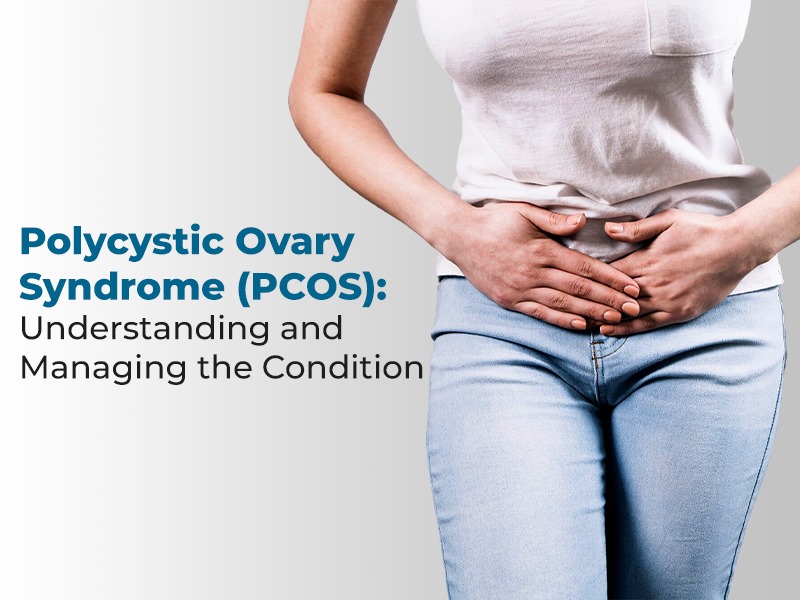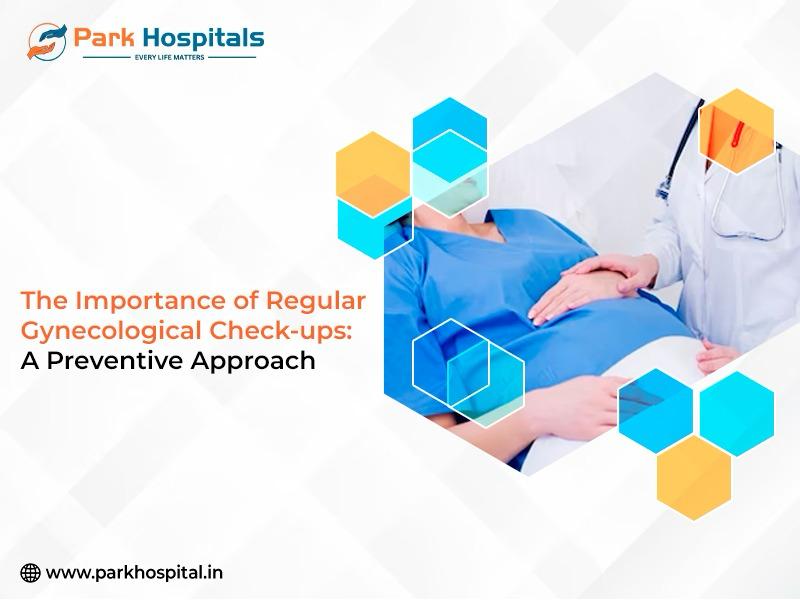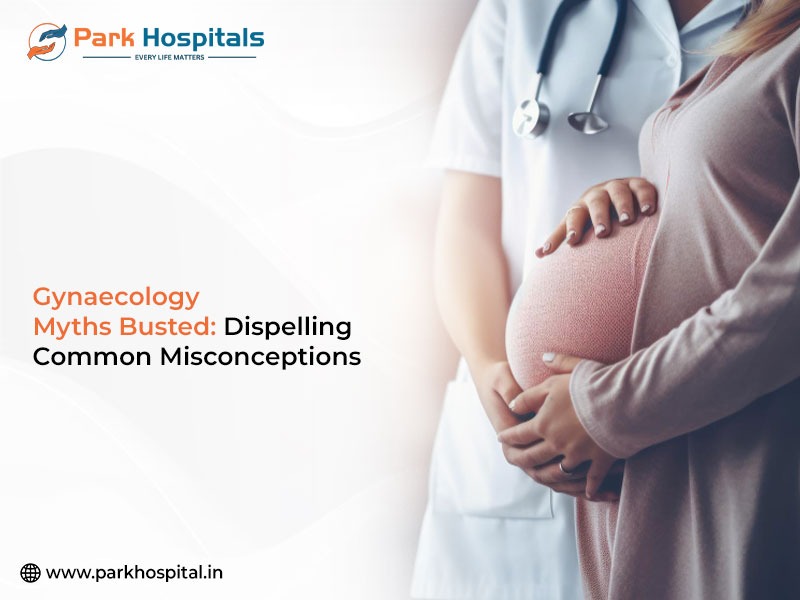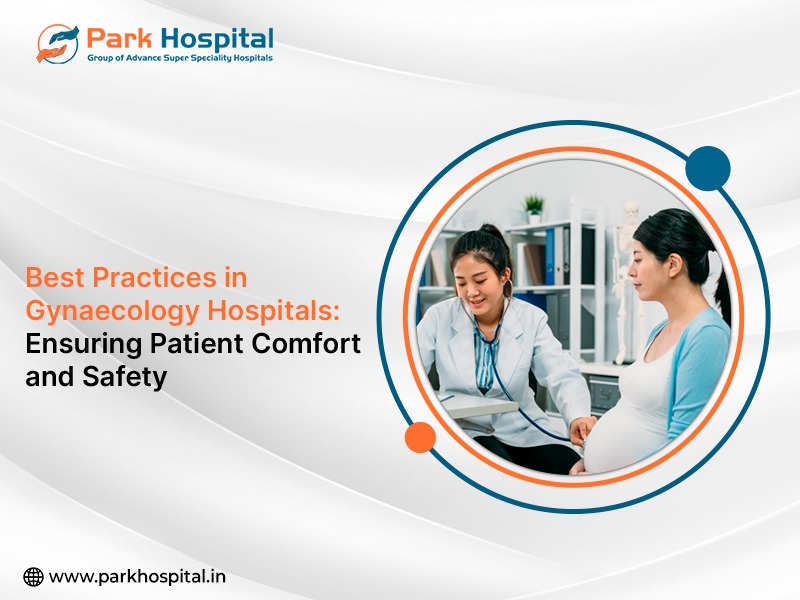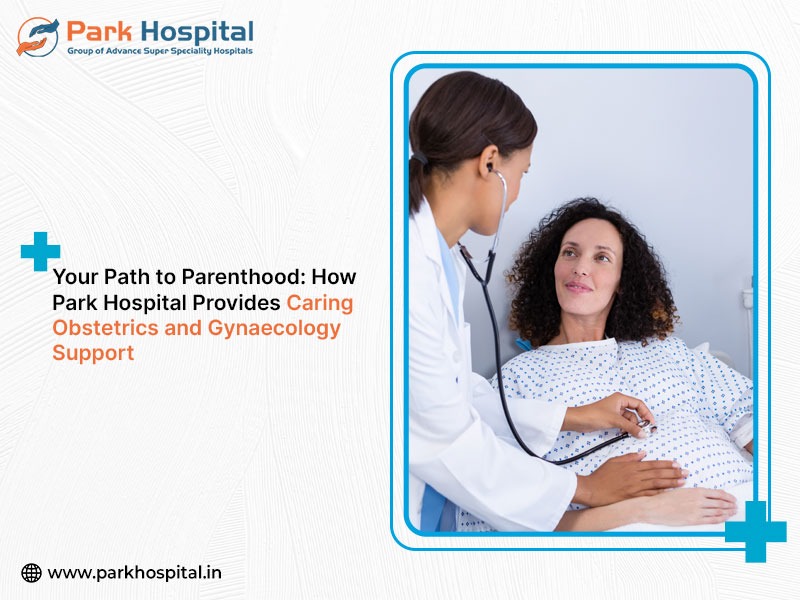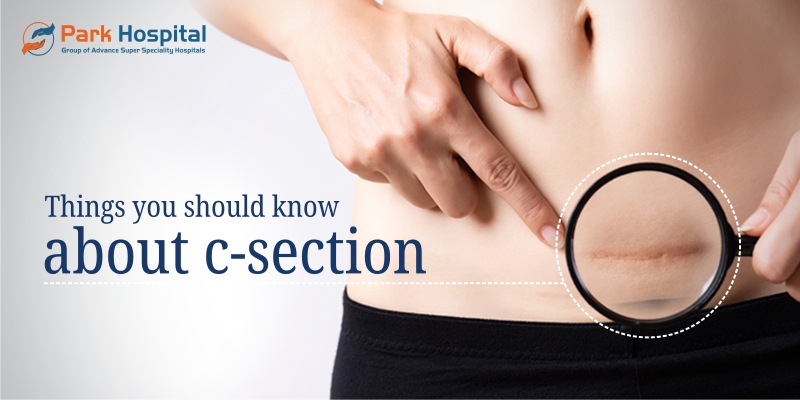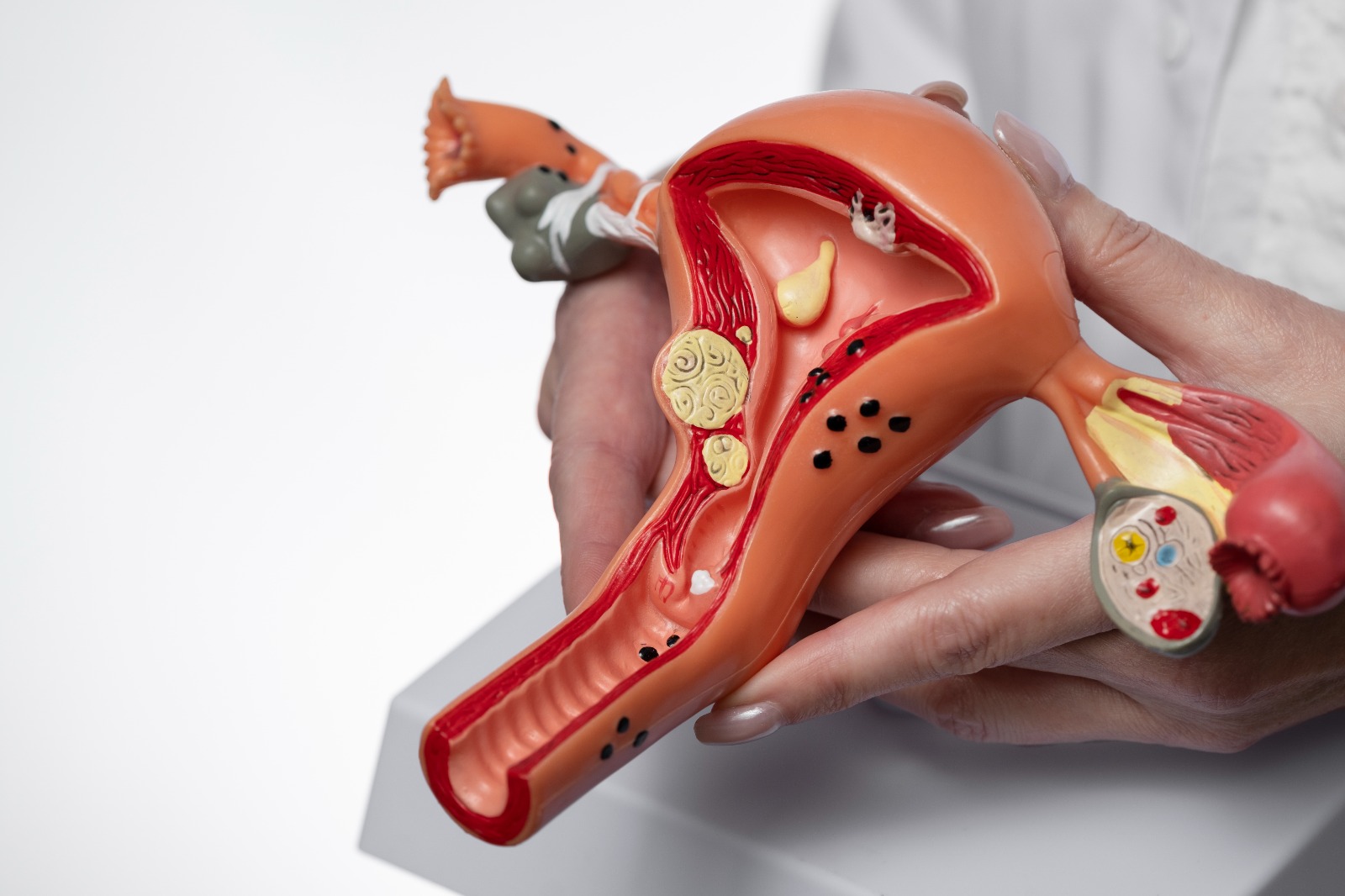Hormonal imbalances often go undiagnosed or misunderstood, especially when it comes to conditions like PCOD and PCOS. These are common among women of reproductive age, but not everyone knows what they mean, how they affect the body, or how to manage them in everyday life.
Let's break it down in a way that's easy to follow, informative, and real.
What's the Difference Between PCOD and PCOS?
Both conditions involve the ovaries and hormones, but there are a few differences worth knowing.
PCOD stands for Polycystic Ovarian Disease. In this case, the ovaries produce more eggs than usual, but many of them don't mature properly. These immature eggs can become little cysts. It's fairly common and can usually be managed with lifestyle changes.
PCOS, or Polycystic Ovary Syndrome, is a bit more complex. It often involves higher levels of male hormones (called androgens), irregular ovulation, and sometimes insulin resistance. It can affect fertility, weight, skin, and even your mood. It may also need a bit more ongoing care.
They sound similar, but PCOS is considered more of a hormonal and metabolic condition, while PCOD is more about the ovaries being a bit overworked. Now, the PCOD and PCOS difference is clear, so let's understand the symptoms to notice.
How Do You Know If Something's Off?
Hormonal imbalances don't always scream for attention. Often, they show up in small, frustrating ways that we tend to brush off. Here are some signs your body might be trying to tell you something:
● Acne that doesn't seem to go away, especially around the chin and jaw
● Unexplained weight gain, particularly around your middle
● Hair thinning on the scalp but extra hair on the face or body
● Feeling tired all the time, no matter how much you sleep
● Mood swings or just feeling off
● Trouble getting pregnant
● Dark patches of skin around your neck or underarms
You might not have all of these, and that's okay. Some people have PCOS or PCOD with barely any symptoms. Others notice quite a few. Either way, it's worth paying attention.
What Causes PCOD and PCOS?
There's no single cause or reason to be affirmative about are-you-suffering-from-pcod, but a few things tend to show up again and again, as the best gynecology hospital in Delhi notices.
Hormonal Imbalance
This one's a given. Your body might be producing more androgens (male hormones) than it should, which throws things out of rhythm.
Insulin Resistance
This means your body isn't using insulin effectively. It's more common in PCOS and can lead to cravings, weight gain, and tiredness.
Genetics
If someone in your family has it, you might be more likely to develop it, too.
Lifestyle
Not sleeping well, moving less, eating erratically or dealing with high stress — all of this can make symptoms worse.
Does It Affect Fertility?
It can, but not always. PCOD and PCOS can make it harder to ovulate regularly, which can affect your chances of getting pregnant. But having either doesn't mean you can't conceive. Many women go on to have healthy pregnancies with a bit of help and the right guidance.
You may consult the best gynecology hospital in Delhi for PCOD and PCOS treatment in India.
Natural Ways to Feel Better and Manage Symptoms
You don't need to turn your life upside down for the best treatment for PCOD, as majorly it is about working on it yourself. These small, everyday changes can make a real difference over time as the PCOS natural treatment.
1. Eat in a Way That Supports Hormones
Skip crash diets and focus on balance. Some helpful swaps include:
● Choosing whole grains over refined carbs
● Adding more veggies and fibre-rich foods
● Cutting down on added sugars
● Including healthy fats like nuts, seeds, and olive oil
● Eating regular meals to keep blood sugar stable
You don't have to give up your favourite foods. Just bring in a little more consistency and variety, especially in the menstrual cycle days.
2. Move More, Stress Less
Exercise doesn't mean killing yourself in the gym. Go for a walk, dance a little, do yoga, or pick up something you enjoy. Even 20–30 minutes a day can help with energy, mood and hormone balance.
And about stress — it's not always avoidable, but how you respond to it matters. Try slowing down your evenings, cutting screen time before bed, or doing something calming like reading or journaling.
When you sense some signs of a period coming late, the first thing you can do is to do aerobic activity or other physical movements.
3. Sleep Well
Your body does a lot of hormone regulation at night. Poor sleep can throw things off. Aim for 7 to 8 hours where you wind down properly — not just pass out with your phone in hand. Individuals who consult doctors at gynaecology hospital usually have a low-quality sleep.
4. Consider Natural Supplements (If Needed)
Some people benefit from things like:
● Inositol (helps with ovulation and insulin)
● Vitamin D
● Magnesium
● Omega-3s
Always speak to your doctor before starting supplements. What works for someone else might not be right for you.
When Should You See a Doctor?
If you are missing your period, your acne isn't improving, or you're feeling completely drained, don't wait too long. A doctor can do a basic blood test and an ultrasound to help figure out what's going on. It's better to know early and start small steps towards feeling better.
Final Thoughts
PCOD and PCOS are common, but that doesn't mean you have to live with symptoms that affect your daily life. With the right mix of awareness, care, and some steady lifestyle tweaks, your body can find a better balance. Don't feel like you need to do everything all at once — even one small change is a great place to start.
And if you ever feel unsure, ask us questions, which we may help you answer being a gynaecology hospital. Talk to someone. Get checked. You deserve to feel good in your body, and support is always out there.
Frequently Asked Questions
How Much Time Does It Take to Treat Both PCOD and PCOS?
There's no fixed timeline. With consistent lifestyle changes—like diet, exercise, stress management—and medical support, symptoms can improve in a few months. Some may need long-term care, depending on severity and goals like fertility.
PCOS or PCOD: Which Is More Dangerous?
PCOS is considered more serious. While PCOD involves irregular periods and minor hormone issues, PCOS often affects metabolism and fertility and increases the risk of diabetes and heart problems if unmanaged.
What Are the Best Natural Remedies for PCOS?
Balanced meals with low GI foods, regular exercise, good sleep, and managing stress can help. Herbs like spearmint, cinnamon, and fenugreek are often used but speak to a doctor before trying anything new.
What Are the 4 Stages of PCOS?
PCOS doesn't always follow fixed stages, but symptoms may shift over time:
1. Irregular cycles and acne
2. Weight gain and insulin resistance
3. Fertility challenges
4. Long-term risks like diabetes or heart disease
What Is the Root Cause of PCOS?
The exact cause isn't fully known. It's often linked to insulin resistance, inflammation, and genetics. Hormonal imbalances—like high androgens—disrupt ovulation and trigger symptoms.

